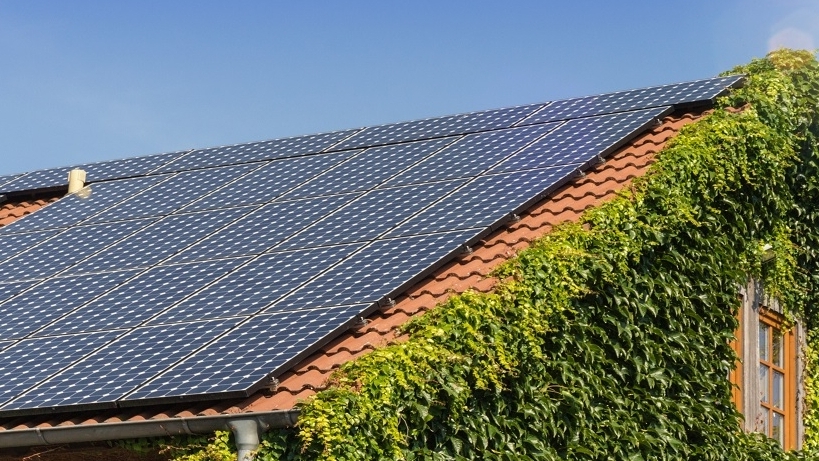
As of September, homeowners and residential landlords in England can apply for financial help to improve the energy efficiency of their homes. Vouchers of up to £5,000 are being made available to high-income households, and up to £10,000 for those on low incomes.
In principle, the scheme looks good and will certainly help meet the cost of improving homes' thermal performance and occupants' comfort. Enabling every owner to increase their home's energy efficiency offers an opportunity for them to consider low- or zero-carbon technology such as heat pumps.
Initially, installation of any upgrades paid for by the grant were to be finished by 31 March 2021. This would be a very short timeframe for the work required even in normal circumstances, and with COVID-19 completion by the deadline is going to be extremely difficult. As a result, today the government has extended the scheme by a year which is a very welcome development.
Shift away from fossil fuels
The vouchers must be used to support upgrades from a list of primary and secondary installations, which can include works ranging from improving insulation through to installing air- or ground-source heat pumps.
The scheme also encourages the move away from fossil-fuelled heating by not supporting gas boiler upgrades. This has been criticised in some outlets, notably the Environment Journal, which notes that not all sites will be suitable for heat pumps and that efficient boilers still have a significant part to play in reducing emissions. However, if we are to achieve net-zero ambitions and tackle climate change, we need to make the move away from gas heating systems and make way for low and zero technologies.
"Installations of any upgrades paid for by the grant need to be finished by 31 March, which would be a very short timeframe even in normal circumstances"
Information gaps
Simpleenergyadvice.org.uk provides useful resources for those considering getting a grant including links to recommended installers. But this could prove information overload for the layperson, and paradoxically prevent them from identifying the best way to improve their home efficiency.
People could end up installing unnecessary equipment or not fully understand how it works, causing more problems and in turn increasing energy consumption. It could expose people to unnecessary installations and overpricing from those willing to exploit the scheme.
However, the grant requires the use of vetted tradespeople using the TrustMark and Microgeneration Certification Scheme, which will go some way to tackle this. Both these schemes require installers to meet specific framework requirements in order to participate in the Green Homes Grant and are audited to ensure they are compliant.
Domestic energy performance certificates (EPCs) could be used to help identify potential options for homeowners. However, there are historic issues with the quality and accuracy of EPCs, with many domestic auditors not having the correct technical qualifications or experience to assess energy performance properly. This technical knowledge is critical in ensuring the right measures for improving efficiency are recommended.
Installers are going to have to carry out assessments and provide advice to homeowners on the best approaches. This could also create jobs as installers seek to meet demand, although training and upskilling would be required. With COVID-related redundancies increasing, this could provide a much-needed boost to get skilled people back to work as well as create new training opportunities. There is a risk that if the grant is not extended, this could lead to more unemployment in the medium to long term.
Measures of success
A key measure of the Green Homes Grant's success will be uptake, and therefore awareness is critical, especially among poorer households. According to energyhelponline.com, only 45% of this group are aware of the grant, compared to 65% in well-off households. Greater promotion by government is needed to ensure the success of the scheme.
Last, vouchers may not cover enough of an installation's cost, leading many people to go for cheaper alternatives that may have implications for their operation as well as shorter lifespans, consequentially affecting quality and return on investment. This could devalue both the grant scheme and the technologies it champions, with the knock-on effect of working against future schemes designed to improve domestic energy efficiency and the UK’s net-zero commitments.
Overall, this scheme has the potential to do important work. But it needs the right level of attention from industry specialists to make sure that homeowners understand the best efficiency measures for their circumstances, as well as a longer window and improved awareness from government, if it is going to be a success.
